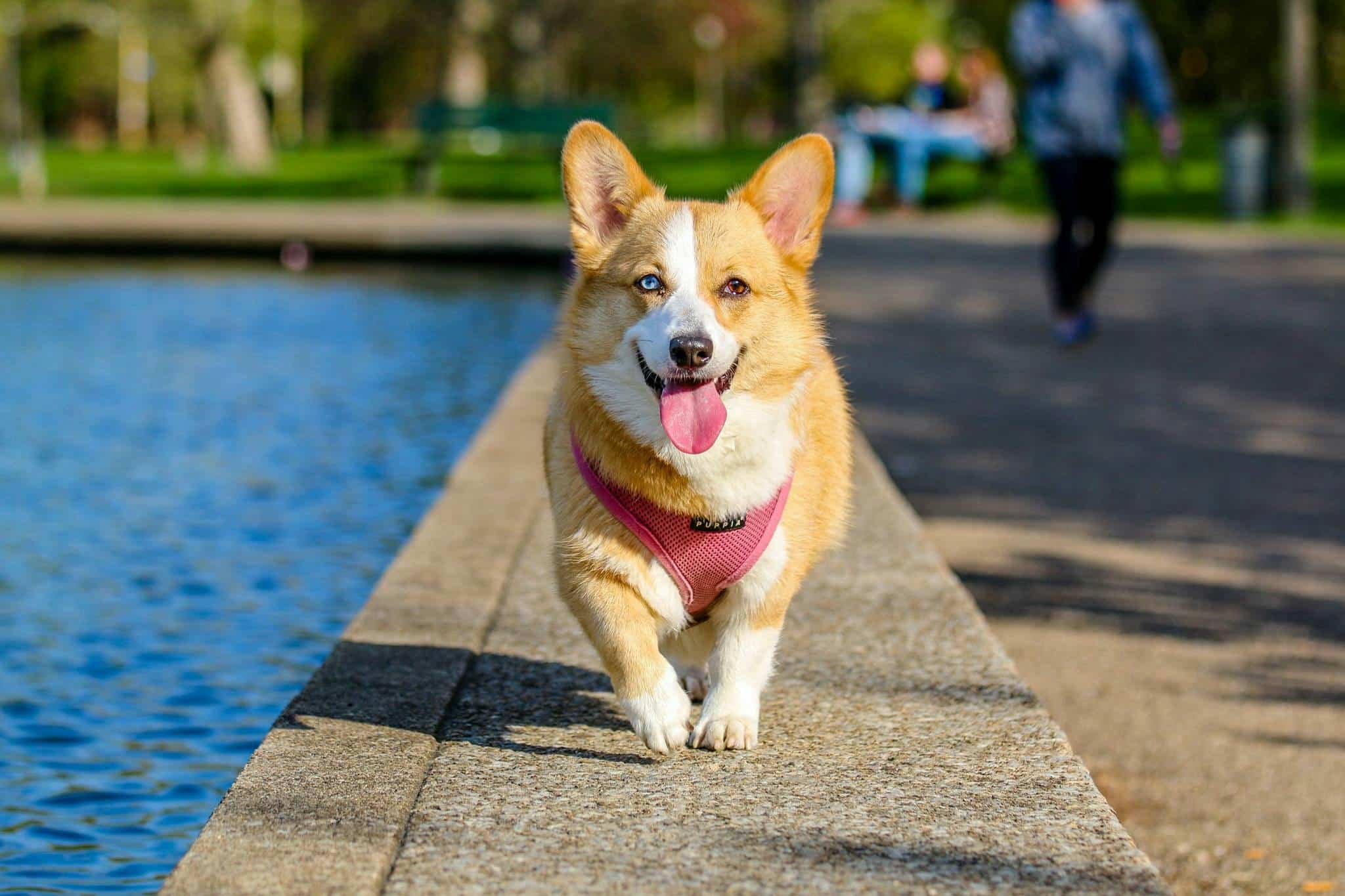What are the best dental care practices for senior dogs?

In the realm of pet care, one of the most often overlooked areas is dental health. While often underestimated, the dental health of your dogs, particularly senior dogs, holds paramount importance. This article aims to shed light on this imperative aspect of pet health and provide you with the best dental care practices for your senior dogs. It will delve into the potential dental diseases, the importance of proper dental care, and the finest products and strategies to ensure the oral health of your senior dog.
The Importance of Dental Health in Dogs
Before we delve into the specifics of dental care for your senior dogs, it is crucial to understand why it’s so significant.
Also to read : What is the most effective way to stop a dog from barking at guests?
Just like humans, oral health plays a critical role in a dog’s overall health. A dog’s mouth is a potential breeding ground for a myriad of bacteria. If left unchecked, these bacteria can lead to plaque and tartar buildup, which not only cause bad breath but can also spur oral diseases like periodontal disease.
Periodontal disease is a common oral disease in dogs that affects the structures supporting the teeth, including the gums. This disease can lead to tooth loss and could even affect the dog’s heart, kidneys, and liver if bacteria enter the bloodstream through the gums. Therefore, maintaining good oral health in your dog, especially senior dogs who are more susceptible, is crucial to their overall health.
Topic to read : What are the best enrichment activities for dogs with high energy levels?
Dental Diseases Common in Senior Dogs
As your dogs age, they become more prone to certain dental diseases. This is why dental care becomes increasingly critical as your pet enters their senior years.
Senior dogs often suffer from dental diseases such as tooth decay, gum disease, tartar buildup, and periodontal disease. These diseases could lead to tooth loss, pain, and difficulties in eating. Moreover, the bacteria from these dental diseases can penetrate the bloodstream and affect the dog’s heart, kidneys, and other organs, posing a serious risk to their health. Thus, it is of utmost importance to implement the best dental care routines for your senior dogs to prevent these issues.
Best Practices for Dental Care in Senior Dogs
Taking proper care of your senior dog’s teeth can save them from a lot of discomfort and pain. Here are some of the best practices for dental care in senior dogs.
Brushing Your Dog’s Teeth
Regular brushing is the cornerstone of dental care. It’s the most effective way to remove plaque before it hardens into tartar. Use a toothbrush designed for dogs and toothpaste that is safe for dogs. Remember to brush gently and pay special attention to the gum line, as this is where most tartar accumulates.
Dental Treats and Chews
Dental treats and chews can be an excellent supplement to brushing. They can help clean your dog’s teeth, freshen their breath, and even enhance gum health. However, they should not replace brushing. Also, always choose dental chews and treats that are appropriate for your dog’s age and size.
Regular Dental Check-ups
Regular check-ups by a veterinary professional are essential for maintaining your senior dog’s oral health. The vet can identify early signs of dental disease that may not be visible to the naked eye and provide appropriate treatment.
Top Dental Care Products for Senior Dogs
Utilizing the right products can make a significant difference in your senior dogs’ dental health. Here are some of the best dental care products for senior dogs.
Dog Toothpaste and Toothbrush
When it comes to brushing your dog’s teeth, using a toothpaste designed for dogs is essential. Human toothpaste can be harmful to dogs. Additionally, a dog toothbrush has softer bristles and a shape that’s easier to maneuver in a dog’s mouth.
Dental Treats
Dental treats like Greenies, Pedigree Dentastix, and Purina DentaLife are some of the best ones in the market. They’re specially formulated to help reduce plaque and tartar buildup.
Dental Chew Toys
Chew toys like Kong Classic Dog Toy and Nylabone DuraChew not only keep your pet entertained but also help in reducing plaque and tartar.
Remember, senior dogs require a bit more care and attention when it comes to their dental health. But with the right routines, products, and regular veterinary care, you can ensure your old friend maintains a healthy and happy smile.
Effects of Poor Dental Hygiene in Senior Dogs
Poor dental hygiene in senior dogs can lead to a number of health complications, some of which are serious. The most pressing concern is the risk of periodontal disease, an infection that affects the structures around the teeth, including the gums. In severe cases, periodontal disease can lead to tooth loss, which can make eating difficult for your senior dog.
The buildup of plaque and tartar can also result in bacterial infection that can enter their bloodstream and spread to vital organs such as the heart, kidney and liver. This can lead to life-threatening conditions like heart disease and kidney failure. Besides, poor dental health may also result in bad breath, swollen gums, and discomfort while eating or playing with toys.
For senior dogs, who typically have weaker immune systems, these dental diseases could worsen their overall health condition, making them less active, less happy, and reducing their quality of life. Therefore, it’s not an overstatement to say that proper dental care is a life-saving practice for your senior dog.
Home Dental Care Routine for Your Senior Dog
In addition to regular veterinary check-ups, establishing a home dental care routine for your senior dog is equally paramount. This routine should include regular brushing, dental treats and chews, and dental hygiene products.
Brush your dog’s teeth daily, or at least several times a week, using a dog-safe toothpaste and a soft-bristled toothbrush. If your dog is resistant to brushing, start gradually by letting them taste the toothpaste and get used to the brush. Gradually increase the time spent brushing until you can thoroughly clean all their teeth.
Dental chews can be an excellent addition to your dog’s home dental care routine. They help to mechanically remove plaque and tartar from your dog’s teeth and freshen their breath. However, not all dental chews are created equal. Opt for ones that are easy to digest, made from natural ingredients, and approved by the Veterinary Oral Health Council (VOHC).
Invest in dental hygiene products like dog toothpaste, dental chews, and dental toys that are designed to promote oral health. These products can help reduce the buildup of plaque and tartar and keep your dog’s mouth healthy.
Conclusion
In conclusion, dental care for senior dogs should not be taken lightly. With age, dogs become more susceptible to dental diseases which can adversely affect their quality of life. Regular tooth brushing, providing dental chews, and using appropriate dental hygiene products, coupled with regular veterinary check-ups, can keep your senior dog’s mouth healthy and disease-free.
Remember, good oral health is an integral part of your dog’s overall well-being. And while it may require a bit more effort and attention, the reward of seeing your senior dog happy, healthy, and free from dental disease is well worth it.
